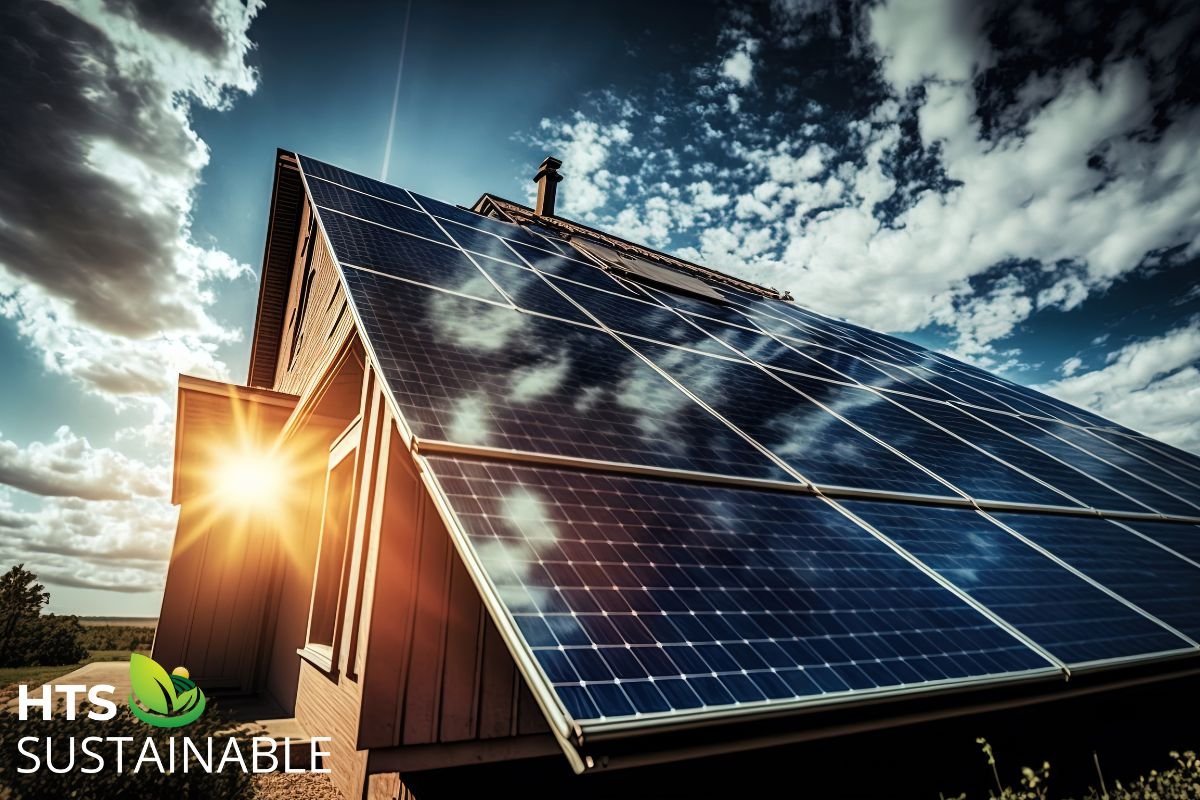Ensuring safety in solar power installations: tips and potential dangers
As solar power becomes an increasingly popular choice for homeowners and businesses aiming to reduce their carbon footprint and energy bills, ensuring the safety of these installations is paramount.
While solar power systems are generally safe and reliable, improper installation and maintenance can pose significant risks.
Here are some essential tips for keeping your home or business safe with solar power installations and a discussion on the dangers of improper installations.
Tips for Safe Solar Power Installations
Hire Certified Professionals:
Ensure that the installation is performed by certified and experienced professionals, such as HTS Sustainable. Look for installers certified by recognised organisations.
Verify the company’s credentials, ask for references, and read reviews to ensure their reliability and expertise.
Conduct a Site Assessment:
Before installation, have a thorough site assessment done to determine the best location for the panels. This includes assessing the structural integrity of the roof or ground-mount area and ensuring it can support the weight of the panels and mounting hardware.
Evaluate potential shading issues from trees, buildings, or other obstructions that could impact the efficiency and safety of the system.
Comply with Local Codes and Regulations:
Ensure the installation complies with local building codes, electrical codes, and zoning regulations. This may involve obtaining permits and undergoing inspections to ensure everything meets safety standards.
Use High-Quality Equipment:
Invest in high-quality solar panels, inverters, mounting systems, and other components - see our systems here. Poor-quality equipment can lead to failures and potential safety hazards.
Install Proper Grounding and Surge Protection:
Proper grounding of the solar power system is essential to prevent electrical shocks and fire hazards.
Install surge protection devices to protect the system from lightning strikes and power surges, which can cause significant damage.
Implement Fire Safety Measures:
Install a rapid shutdown system to ensure the system can be quickly de-energised in case of an emergency.
Ensure easy access to the main disconnect switch for firefighters and emergency personnel.
Regular Maintenance and Inspections:
Schedule regular maintenance and inspections to ensure the system operates efficiently and safely. This includes cleaning panels, checking for loose connections, and inspecting wiring for wear and tear.
Address any issues promptly to prevent small problems from becoming significant hazards.
Dangers of Improper Solar Power Installations
Electrical Shock and Electrocution:
Improperly installed or damaged wiring can expose live electrical components, posing a risk of electrical shock or electrocution to installers, maintenance personnel, or homeowners.
Fire Hazards:
Poor quality or faulty installation can lead to overheating of components, electrical arcs, or short circuits, potentially causing fires. Improperly installed systems can also create points of high resistance, leading to hotspots and fire risks.
Structural Damage:
If the mounting system is not properly secured, solar panels can become loose or fall, causing damage to the roof or structure. Inadequate support can also lead to roof leaks and structural integrity issues.
System Failures:
Using substandard components or incorrect installation methods can lead to system failures, reducing the efficiency and lifespan of the solar power system. This not only impacts energy production but also increases maintenance costs and potential safety hazards.
Void Warranties and Insurance Issues:
Improper installations can void warranties on equipment and may lead to insurance claims being denied. Insurance companies often require proof of professional installation and adherence to safety standards.
Electrical Fires:
Poor connections, undersized wiring, or overloaded circuits can lead to electrical fires. Ensuring that all electrical components are correctly rated and installed is crucial to prevent such hazards.
Solar power installations offer numerous benefits, including environmental sustainability and cost savings. However, ensuring the safety of these systems is crucial.
By hiring certified professionals, such as HTS Sustainable, conducting thorough site assessments, complying with local regulations, using high-quality equipment, and implementing regular maintenance, homeowners and businesses can enjoy the benefits of solar power, while minimizing potential risks.


